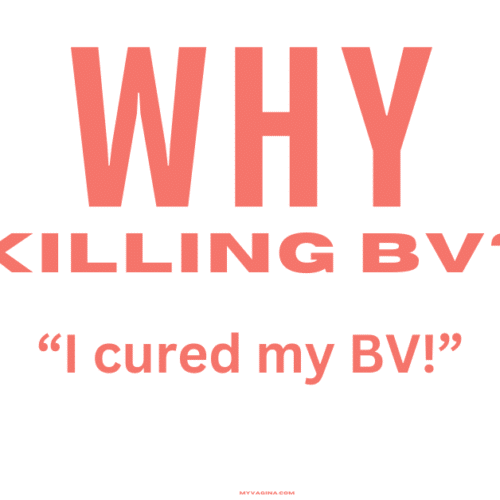Epstein-Barr Virus (EBV) – how it can affect the vagina and urinary tract
Manifestations of Epstein-Barr virus (EBV) symptoms in the genitourinary tract appear to be rare and vary from person to person.
Vulvar ulcers are one such manifestation. There isn’t a great deal known about these EBV-related vulvar ulcers, with some facts in contention by medical professionals and researchers.
EBV can manifest in the cervix, uterus, fallopian tubes, ovaries, urethra, vulva and anus, though the mechanisms of these presentations are not well understood.
We know that EBV is present in the genitourinary tracts of both males and females during acute and latent infection. We don’t know if it sexually transmitted, but it may well be, as one mode of transmission.
It is likely that the virus itself does not cause the vulvar ulcers, but the person’s own cells are responding to the infection by destroying the infected cell. This results in degradation of the skin in the area, resulting in ulcers. It’s possible that female sex hormones aggravate the condition.
What is the Epstein-Barr virus (EBV)?
EBV is a virus that is best known to cause infectious mononucleosis (‘mono’). The virus is found globally, with infection not necessarily causing symptoms.
Symptoms of EBV generally and in the urogenital tract
- Triad of fever, sore throat, enlarged lymph nodes
- Headache
- Tiredness
- Rashes
- Tonsillitis
- Aches
- Pains
- Vaginal discharge
- Problems urinating
- Pain or burning upon urination
- Vulvar pain and itching
- Vulvar lesions in some women and girls
- Symptoms may recur later in life
Vulvar ulcers and urinary pain or burning
The main symptom of urogenital EBV is thought to be rapidly-developing vulvar ulcers, which are typically under-recognised. These ulcers may appear over several days, likely on the labia minora (inner labia), but can appear on any part of the genitalia including the perineum and anus.
Vulvovaginal symptoms may start with a sensation of burning and a blood-blister. Pus may be present from the ulcer. Ulcers may take several weeks to heal, as the virus is dealt with by the body.
Symptoms may take time to develop. Symptoms do not respond to typical ulcer treatments and may worsen. Mouth ulcers may also appear.
What the ulcers look like
There is often one large lesion that is ‘punched out’. Smaller ulcers may join the larger ulcer, called ‘satellite’ ulcers.
Satellite ulcers can range from 1-4mm, and be purplish with irregular borders, often with a central point. Reddish or reddish-brown ulcers are raised and clearly defined. Ulcers are likely to be painless but may be tender.
Diagnosis of EBV with vulvovaginal symptoms
Diagnosis is by blood tests for EBV antibodies, and observation, however with vulvar ulcers, a herpes simplex (genital herpes) diagnosis is likely to be initially sought and treated.
Treatment for EBV with vulvovaginal symptoms
Corticosteroids and pain management are the most common treatments for the vulvovaginal symptoms of EBV.
A moisturising barrier like zinc oxide cream may help soothe the skin for relief of the vulva.
Women with urinary pain or burning may benefit from urinating in a stream of water (like in the shower or bath or using a cup to pour warm water over the vulva while urinating).
Various creams may be used, including low-dose topical steroids, oestrogen cream, topical anaesthetic, and/or antibiotics.
If the ulcers become infected, antibiotics are likely to be used.
What else could it be?
Testing should include for syphilis, flu, adenovirus, coxsackieviruses, typhoid, paratyphoid, toxoplasmosis and pneumonia.
References
Halvorsen JA, Brevig T, Aas T, Skar AG, Slevolden EM, Moi H. Genital ulcers as initial manifestation of Epstein-Barr virus infection: two new cases and a review of the literature. Acta Derm Venereol. 2006;86(5):439-42. Erratum in: Acta Derm Venereol. 2006;86(6):482. PubMed PMID: 16955191.





